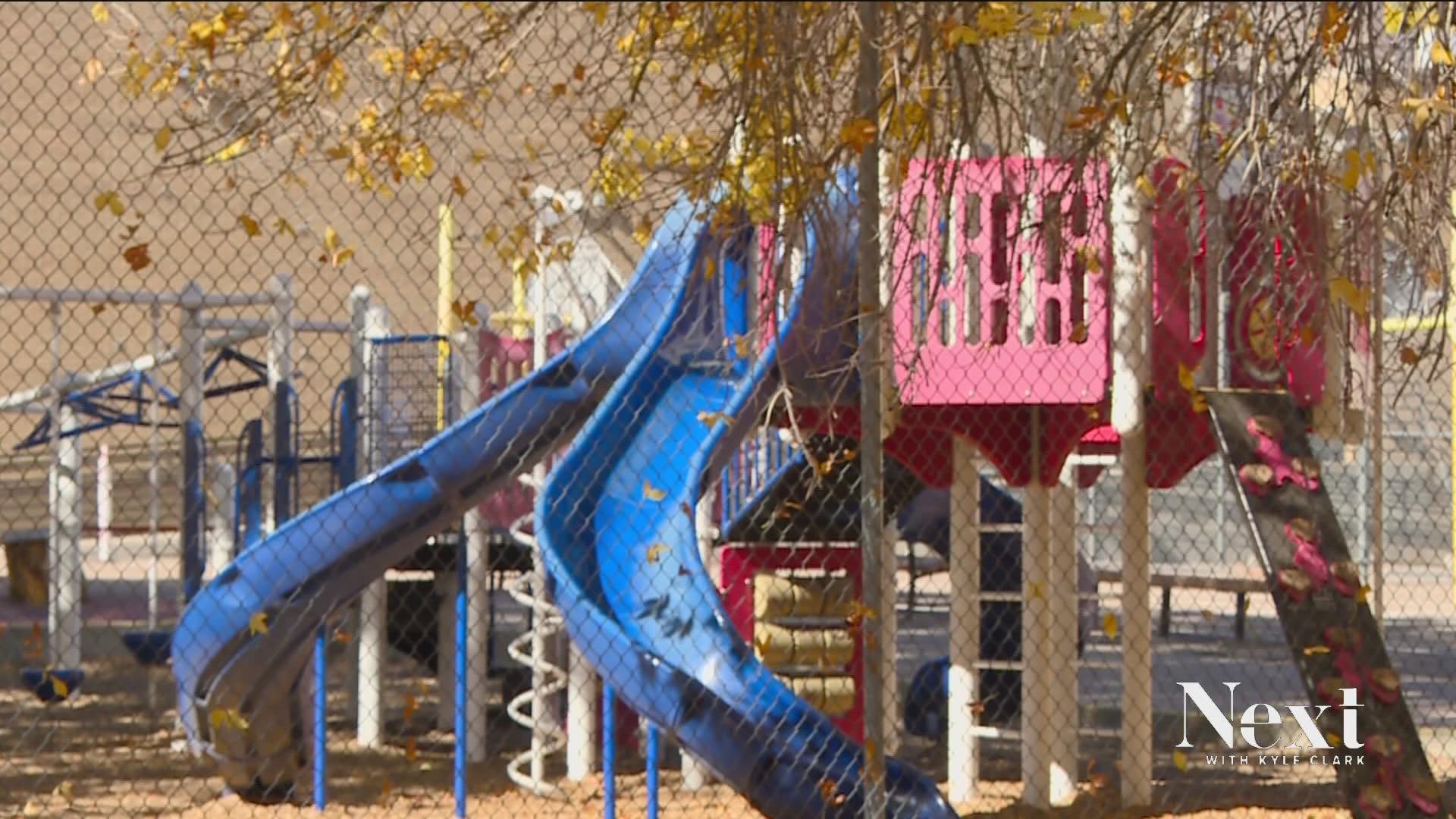DENVER — Colorado has some serious issues with the way child abuse is reported. There's confusion among the people required to report abuse on when to call and who to call, and families of color are reported on more often in cases where it's not warranted.
Now there's a taskforce looking into overhauling the system.
They met for the first time Wednesday. Afterward, Child Protection Ombudsman Stephanie Villafuerte said the overall sentiment she came away with was plans for big changes.
"I would say the sentiment of the task force is that the law must be rewritten," Villafuerte said.
During the meeting, a similar concern came up again and again: Recognizing that reporting tends to be focused on black and brown families, as well as under-resourced communities.
The problem is so big, Villafuerte said it's being discussed in every state in the country.
"This is the issue of our time when it comes to the world of child protection," she said.
"There is a lot of data locally and in our state and nationally that reports children of color, particularly children who are black, as well of native ancestry, are removed at almost three times the amount," Villafuerte added. That is three times the amount of their white counterparts.
"It's forcing the system to analyze what is this racial disproportionality happening," she said. "It's not because these families are abusing more often."
But the impacts of these reports are happening at all phases of the system.
"So, for example, it starts at the phone call," Villafuerte said. "The first person who calls the hotline. Those groups are being called on or reported far more than their counterparts. Then when you actually get into the system, right, they are being investigated or assessed more than their white counterparts. Then you move further into the system, you will see a higher removal of those children, a higher number in foster care and so on."
It means families are getting involved in the child welfare system at higher rates when it's not always necessary.
The state identified 41 mandatory reporters, including doctors, nurses, teachers and even nutritionists, who have a responsibility to report abuse and neglect. Those tasked with fixing the system said the definition of neglect is causing issues, and that poverty and neglect are being conflated.
"So, a family who may not be able to provide housing or food for their children aren't necessarily abusive families," Villafuerte said. "But they do need services. Unfortunately, the way the law works right now, you are getting all those families in the mix. Those that are accused of physical abuse, but those who also may just be in need of services to support their system."
It highlights the nuanced task at hand, which is making sure the system is protecting children from both abuse and bias.
"The act of removing a child from their parent has extraordinary traumatic impacts on them," Villafuerte said.
The task force was created in part because of high profile cases, those where children have died.
They will now meet over the next two years and then present their findings to the general assembly, governor, and Colorado Department of Human Services on how to change these laws. That will include better ways to connect families to resources.
These laws have been around since 1963, with Colorado being one of the first states in the country to create them. But over the years, Villafuerte said it wasn't revaluated enough to make sure it was working the way it was intended to.
The other part of the task force is looking at confusion. The state was hearing from multiple mandatory reporters who were confused about who to call and when to call. When reporters are told to report immediately, there is no specified timeline.
People on the taskforce meeting this week were asking for help to define different types of abuse and highlighting the lack of training around their responsibilities.
The task force will be working on ways to clarify the rules and responsibilities for mandatory reporters, as well as clarifying the law.
SUGGESTED VIDEOS: Next with Kyle Clark

